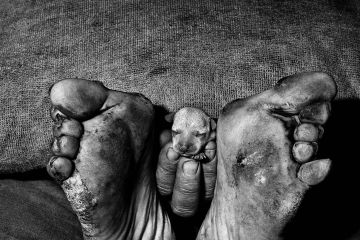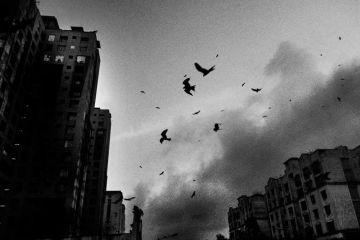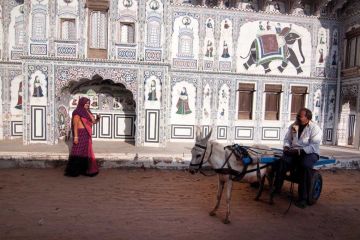Time felt an alien concept in Jhansi,
especially at my grandparent’s sprawling home: 95 Mani Villa, a world of its
own, running on its own clock.
Jhansi beyond the railway station is a sleepy town with a grand
history. Coming from Delhi and Mumbai is always a big shift, a big change in
space and attitude. It is about slowing yourself down and unlearning the
hustle.
My grandfather was a retired railway station superintendent who always
went out of his way to help people. Spending tim





